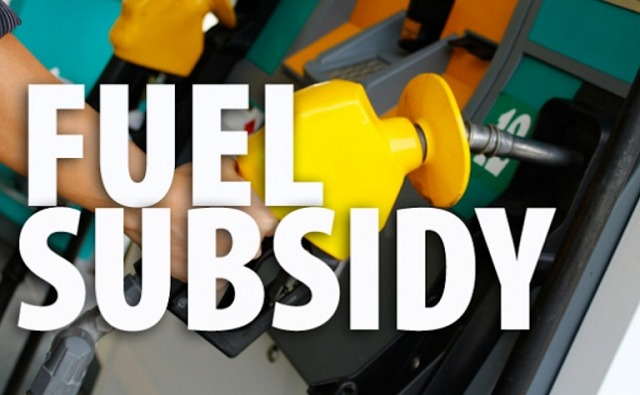The Presidency has credited President Bola Ahmed Tinubu’s decision to remove fuel subsidies as a pivotal move that saved more than 19 states from financial collapse.
Daniel Bwala, Special Adviser to the President on Policy Communication, made this assertion on Thursday during an interview on TVC’s This Morning Show. He highlighted how this reform has boosted government revenue and helped stabilize state finances.
“Before President Bola Tinubu assumed office, over 19 states were reportedly insolvent, unable to pay salaries, and on the brink of bankruptcy,” Bwala said. “The president’s decision to eliminate subsidies has increased revenue, allowing states to regain financial stability. Today, insolvency and bankruptcy are no longer dominant issues for these states.”
Financial Relief and Economic Reforms
Bwala explained that the subsidy removal has not only addressed immediate fiscal concerns but has also enabled states to focus on governance and delivering on campaign promises.
“Fuel subsidy is gone,” President Tinubu declared during his inaugural address on May 29, 2023. Following this announcement, the price of petrol (PMS) surged from ₦180 to approximately ₦620 per liter, and later to around ₦1,200 at retail stations.
Despite the price hikes, Bwala asserted that the benefits of the reform are tangible. “The effects of these policies are visible and impactful. They are designed to build a Nigeria that works for everyone, not just a privileged few,” he said.
Addressing Key Challenges
According to Bwala, the financial stability resulting from the subsidy removal has allowed both federal and state governments to tackle critical challenges like poverty alleviation and agricultural development.
“We are urging states to fulfill their promises by focusing on economic equality and boosting food security through agricultural initiatives,” Bwala added.
Collaboration for Economic Transformation
Bwala also called on Nigerians to support the administration’s reform agenda. “We are on a transformative journey. The President is leading us toward a Nigeria that works for all,” he emphasized.
While the subsidy removal has drawn mixed reactions, analysts have acknowledged its fiscal benefits. The funds previously allocated to subsidies are now being redirected to vital sectors like education, healthcare, and infrastructure, providing states with much-needed financial relief.
Significant Savings
In November 2024, the Presidency reported an annual savings of $7.5 billion due to the removal of the fuel subsidy. This newfound financial flexibility has bolstered the government’s capacity to invest in development projects and improve public services.













